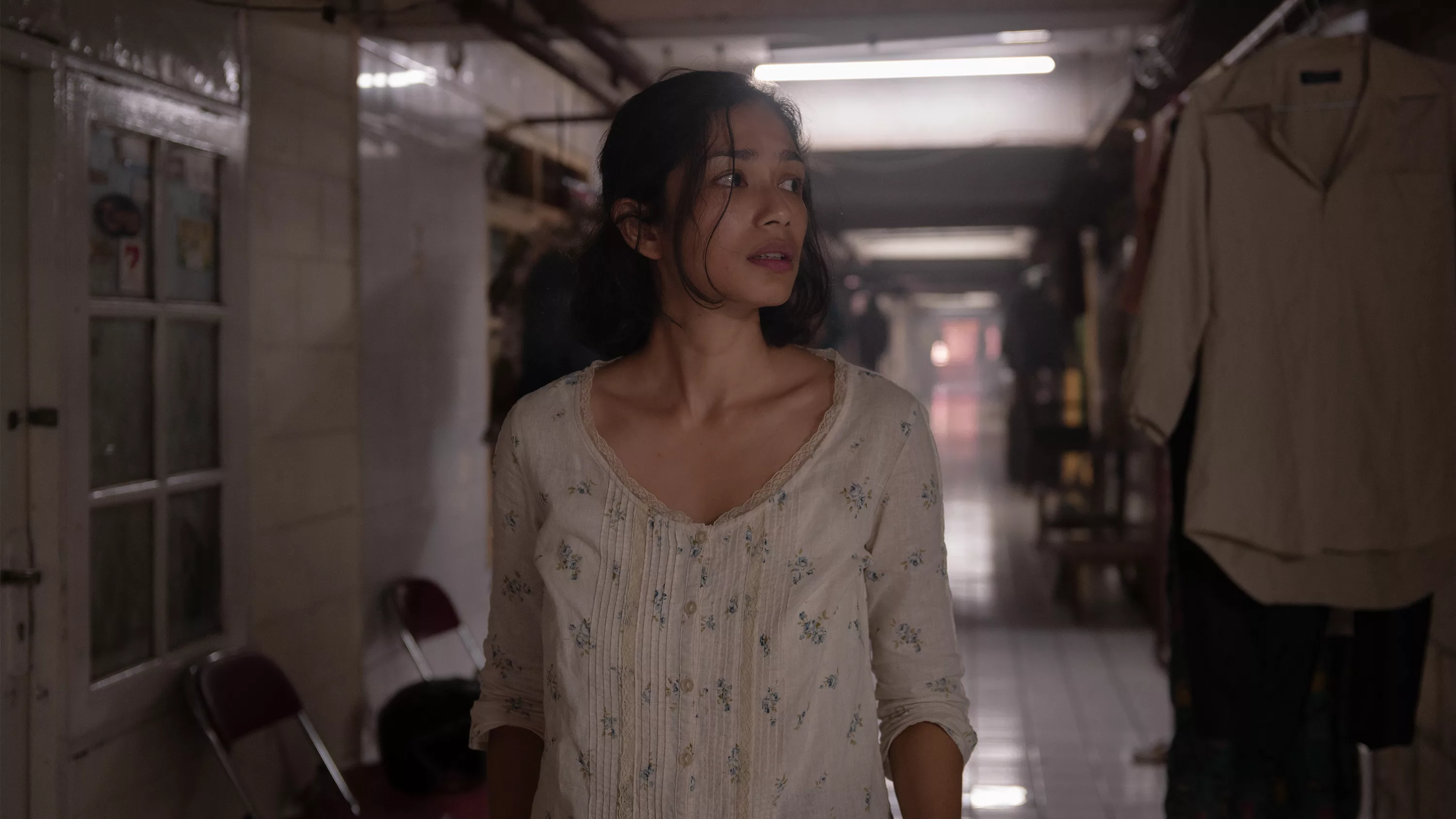
The Indonesian series by Joko Anwar reveals the horror of a spirit-filled world without a savior.
Indonesia is an enchanted culture full of folklore involving ghosts, demons, and djinns (shape-shifting spirits from Arabian and Muslim mythology).
These stories usually involve a moral of some kind: Do not leave a house unattended, for this invites the dwelling of demons. Always respect the elderly, lest they return to haunt you. Settle squabbles within your family, or their spirit will fail to transition to the afterlife due to unresolved conflicts on earth. Always come home before nightfall, because sunset signals the thinning of the barrier between the spiritual and the physical realms.
It is no wonder that on any given week, horror movies dominate the Indonesian box office. A powerhouse of the genre, director Joko Anwar (The Forbidden Door, Satan’s Slaves, and Impetigore) recently gave the rest of the world another taste of elevated Indonesian horror with Netflix’s Nightmares and Daydreams.
The seven-episode series offers an authentic look at how stories of the supernatural are woven into Indonesian culture and function as acute social commentary. Western audiences might be tempted to interpret Nightmares and Daydreams in a demythologized fashion—as if the supernatural elements of the series merely serve to draw audiences to consider the perennial social problems that plague Indonesia, or more specifically, Jakarta. Yet the supernatural and social issues actually coalesce in a way that echoes reality.
In particular, Nightmares and Daydreams reminds us of a pre-Christian culture, in which desperate characters turn not to God or the church for understanding or deliverance but resort to the occult or supernatural for relief, with devastating consequences.
A running theme of the series—in which each episode …

